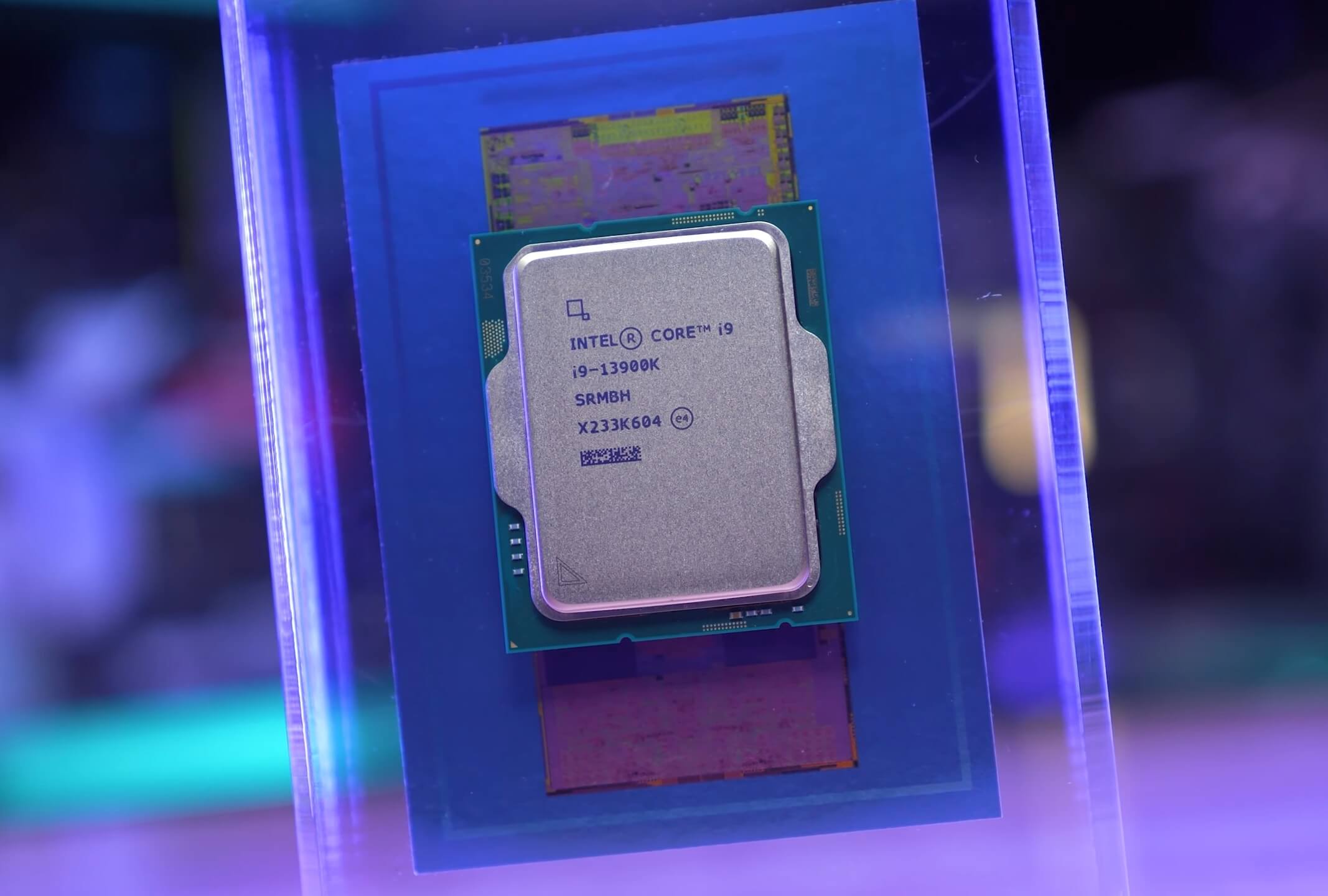I didn't dismiss it, I said they don't provide individual power draw results. Apparently they do , and they prove my ppoint. Curlyriff also said this
Read it this time. I've no idea why you keep arguing with facts, lol
I don't disagree with what @Curlyriff said, another way to put that is Intel better at lighter workloads, AMD better at heavier workloads, Intel's P cores are a bit quicker than Zen 4 cores, however Intel make up half if not more than half of their MT performance through lots of very much slower cores, so it stands to reason if you're only using 8 cores or less the 13900K would be better.
Its not the argument you're making.
It's common knowledge that intel is much better at at or mixed usage tasks both in speed and efficiency.
For efficiency, no one agrees with that and productivity workloads are very mixed in how much of the CPU's resources an application uses, even the open benchmarking link Curlyriff posted says the 13900K competes with the 7950X overall, IE not significantly faster, overall.
Last edited:







